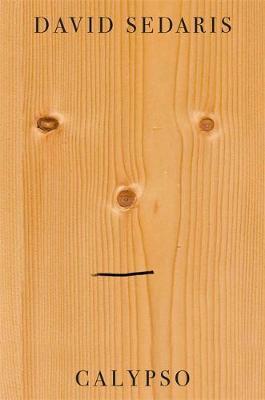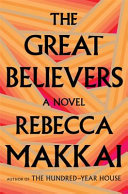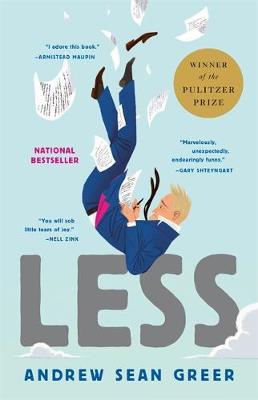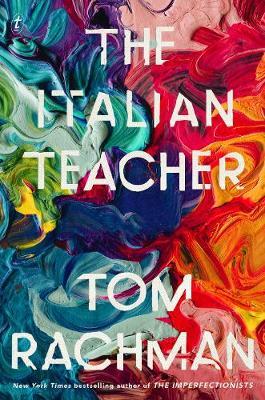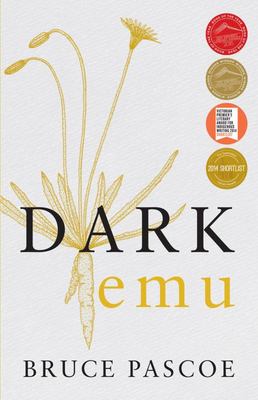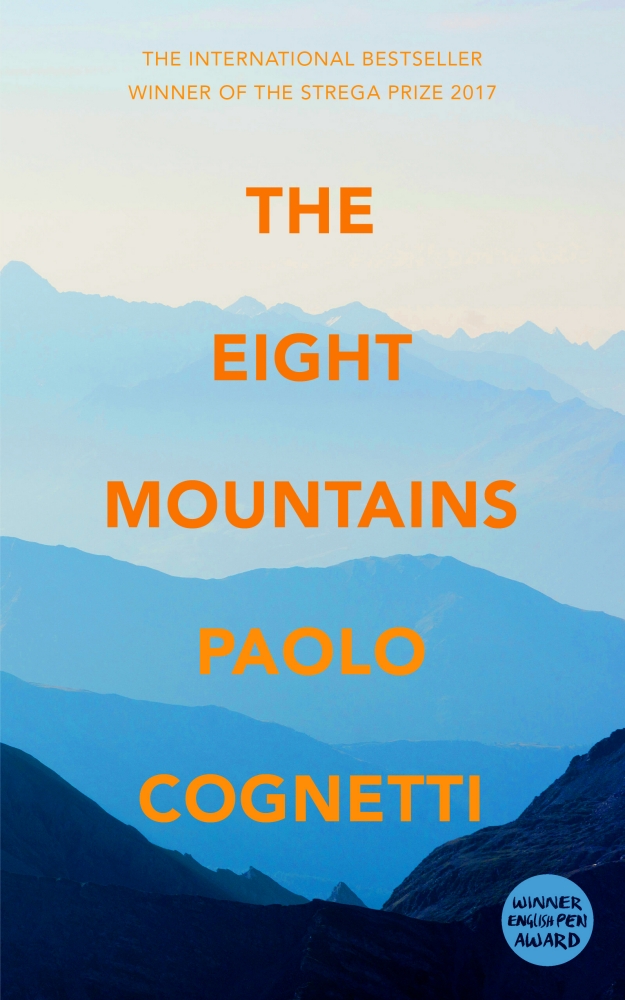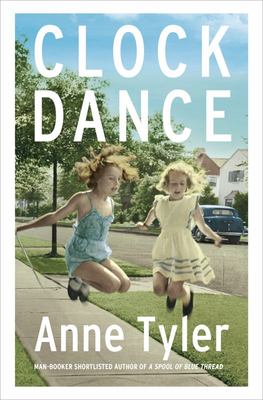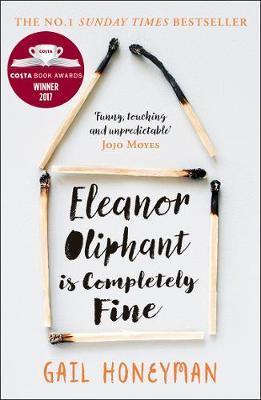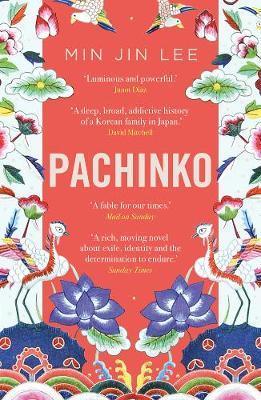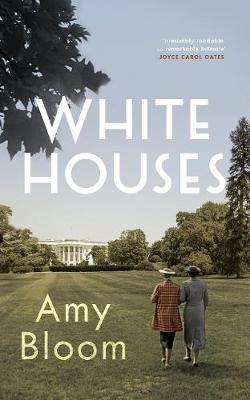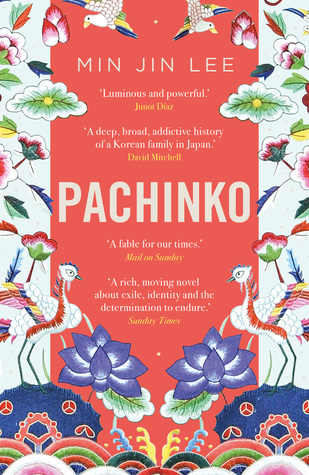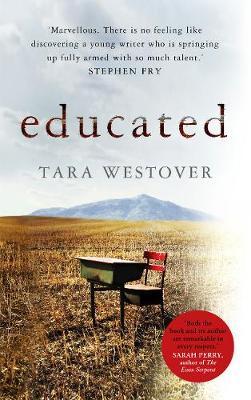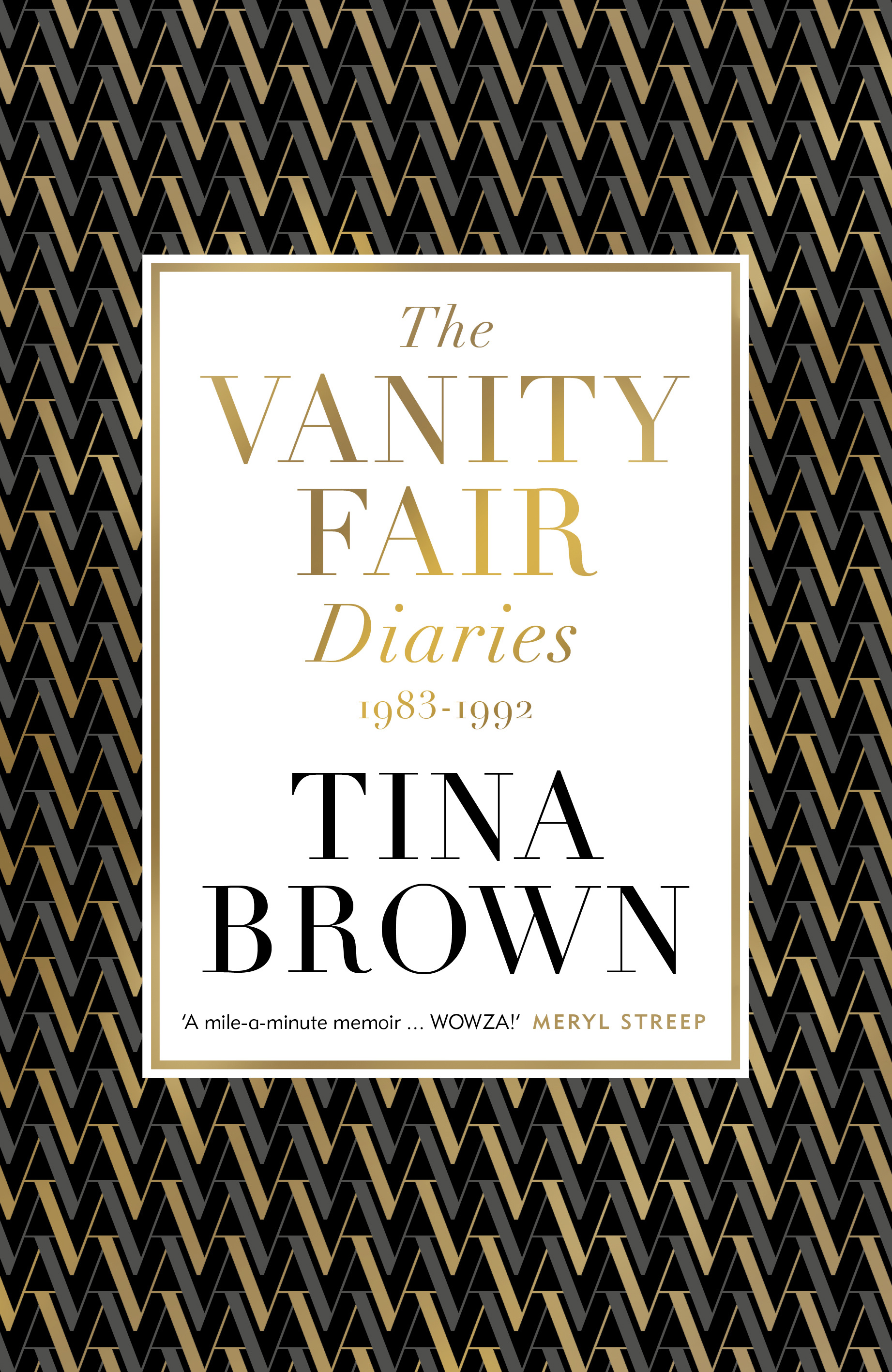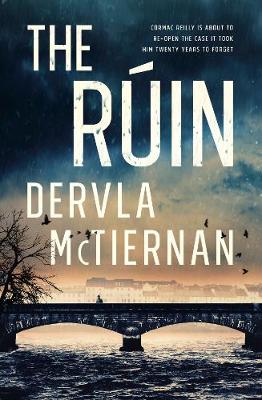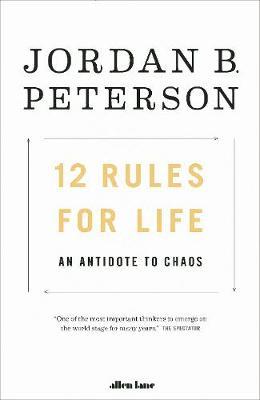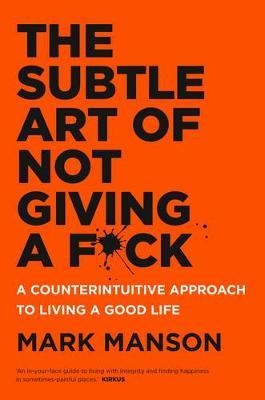Review: Scrublands by Chris Hammer
Chris Hammer has fashioned a meticulously written and propulsive crime novel, notable for its palpable sense of place, a slate of fully-drawn characters, and a meaningful denouement. Simon McDonald reviews Scrublands.
The last crime novel that actually earned the Thriller of the Year / Book of the Year banner emblazoned on its advanced reading copy cover was Jane Harper’s The Dry. Booksellers are inherently cynical about such statements, because nowadays just about every book that comes our way says the same thing. And of course, thanks to the success of The Dry, now every Australian crime novel is written “in its vein.” But there were rumblings about Chris Hammer’s book before reading copies began circulating. Industry buzz was — well, buzzing — and intensified until, finally, the book arrived in my hands.
On a flight from Hobart to Sydney, I opened to its prologue and began reading. Those two hours in the sky disintegrated. I was annoyed when the seat belt sign flashed; one of those rare times I would’ve welcomed the pilot’s voice crackling over the intercom, apologising that we’d have to circle the airport for an hour or two. Alas, no; I alighted the plane, Scrublands grasped tightly in my hands, not in my bag. I snatched moments to read during the walk to baggage claim; lost myself in its relentless grip as I waited for the train; and once I was home, I didn’t put the book down until I’d witnessed how Hammer tied all his wonderfully woven threads together. Which he does, with aplomb, that belies his status as a debutant.
So, does Scrublands earn its Thriller of the Year tag? Absolutely. Is it my favourite book of the year so far? Well, it’s only July, but since you’re asking the question: at this very moment, yes it is.
Suspenseful from start to finish, with plenty of regional colour informing its narrative, Scrublands combines sophisticated layers of mystery with an intensely scarred hero, reporter Martin Scarsden, on a quest to uncover the truth behind the events that lead to a young country town priest calmly opening fire on his congregation, which will ultimately have a profound effect on the veteran newsman. Readers who despair after a hundred pages that all the plot lines Hammer has launched can’t possibly fit together needn’t worry; they do indeed fit, and the monstrous connections that emerges between the inhabitants of the small Riverina town of Riversend are truly devastating. As he vividly portrays the harshness and beauty of the Australian landscape, Hammer keeps the twists coming and provides column-inches of background expertise on the hard business of hard news, and the psychological impact of bearing witness to, and transcribing, innumerable tragedies.
Deliberately paced and wound tight, this book will keep you awake until you’ve finished the final page. And maybe even after that. It’s relentless, it’s compulsive, it’s a book you simply can’t put down. We’re in a Golden Age of Australian crime fiction, and with Scrublands, Chris Hammer has joined the elite, up there with Jane Harper, Candice Fox, Emma Viskic, Sarah Bailey, Mark Brandi, and the grand master himself, Peter Temple.
I can't wait to hear what you think of it.
Review: Convenience Store Woman by Sayaka Murata
Sayaka Murata’s English-language debut is a fun, smart, riveting, and ultimately profound novel about social conformism and work culture says our bookseller Simon McDonald
Keiko Furukura is 36-years-old, and has worked in the same Tokyo-based Hiiromachi Station Smile Mart since she was 18. This makes her an anomaly and a social outcast. While her contemporaries have long since moved into corporate jobs and started families, Keiko has become strangely attached — assimilated, almost — to the shop and its needs, and finds solace in its sameness, and the monotony of her function as one of its workers.
Keiki is not attuned to the rules that govern regular social interactions, completely oblivious to societal norms most take for granted, so replicates the mannerisms and speech patterns of her colleagues. Keiko accepts her outsider status — it’s not a choice, it’s just who she is — but when confronted by her sister, who worries about her unorthodox lifestyle, Keiko deliberates over her capacity to change in order to adhere to entrenched standards, and in the form of fellow outcast Shiraha, might have a way to attune to normalcy. The question for readers is: should she?
Convenience Store Woman is not a nuanced take-down of societal expectations — don’t worry about finding the subtext, the author’s message is clear — but its brevity, and genuine laugh-out-loud moments make it a joyous one-sitting read. Ginny Tapley Takemori’s translation is delectable, too. I can see this book being a great read for book clubs; in fewer than 200 pages, Sayaka Murata gives readers plenty to marinate over; not just Keiko’s intended conformity, but our own role in how we respond to those who deviate from long-standing presumptions.
A book that makes you think, and feel, and laugh; you can’t ask for much more.
Our Top 10 Bestsellers of June 2018
Review: Clock Dance by Anne Tyler
A hugely satisfying evocation about the complexities of family life, Clock Dance is wise, humane and always insightful says our bookseller Simon McDonald.
One of the things I love most about Anne Tyler’s fiction is that she never lets styletriumph over substance; the understated simplicity of her writing is artistry of the highest order. Her prose is assured, warm and graceful; never ostentatious. You sinkinto an Anne Tyler novel; it envelopes you, and you don’t realise how deep you’ve dived into her world, how invested you are in her characters, until something snaps you back to cold, hard reality, and you realise from the placement of your bookmark that you’re nearing the end of your time with this incredible storyteller. Clock Dance is a novel to savour; equally enjoyed in the moment, and upon reflection.
Willa Drake is inherently placatory. The defining moments of her life — when she was eleven and her mother disappeared; being proposed to at twenty-one; and the accident that made her a widow at forty-one — weren’t instigated by her, but by others. At 61, when Clock Dance launches into its core, we understand Willa has not necessarily lived an unhappy life, just a bittersweet one; a life tinged with occasional regrets. When she receives a phone call telling her that her son Sean’s ex-girlfriend has been shot and needs her help, Willa drops everything and flies across the country, despite her second husband Peter’s dismay. It’s this decision — made entirely herself, uncoloured by the opinions of outsiders — that forces Willa to scrutinise her life, and the people in it, and contemplate change.
Clock Dance is an intimate and tender tale of marriage, family and home. Achingly observant and endearing funny, Anne Tyler brilliantly explores a woman’s steps towards reshaping her own destiny and choosing her own path. The book brims with insights that sum up entire relationships. I haven’t been so moved and in love with a book and its characters for a very long time.
Review: Firefly by Henry Porter
Eight years after writing The Dying Light, Henry Porter returns with a fast-moving, intelligent thriller that proves his writing and the appeal of his characters are as fresh as ever. Simon McDonald reviews Firefly.
Henry Porter deserves to be revered among the greats of spy fiction. Readers of Charles Cumming, Mick Herron and, yes, even the grandmaster himself, John le Carré, will bask in Porter’s backlist — the Robert Harland series in particular — and his latest, Firefly, will surely be remembered as one of 2018’s great espionage novels.
Firefly introduces Luc Samson, a former MI6 agent, now private eye and missing persons expert. Fluent in Arabic thanks to his Lebanese heritage, Samson was booted from the Secret Intelligence Service because of his gambling habit, which he assures himself — and others — is calculated and measured, despite the size of the bets. But he’s the best man for the operation MI6 has planned, and so Samson is brought back in from the cold, tasked with locating a thirteen-year-old refugee, codenamed Firefly, who has made his way from Syria to Greece, and soon the mountains of Macedonia. He possesses vital intelligence relating to an ISIS terror cell, and details of their plans; which means they’re hunting young Naji Touma, too.
On a rudimentary level, this is a chase novel: two competing forces hunting down a young boy who, at the age of thirteen, has already witnessed too much death and devastation. The narrative bounces between Samson’s perspective and Naji’s, and deliciously details their near-misses and the boy’s encounters with danger. It’s proper white-knuckle stuff for the most part, and only once threatens to jump the shark, when Naji and a new friend, Ifkar, are confronted by a bear. Thankfully most of the skirmishes are more grounded than this example, and Naji’s desperate, hopeless struggle to survive is what truly makes the book thrum, and gives it heart.
The action bristles and the characters seduce: Firefly is an intricate, layered thriller that delves into the Syrian refugee crisis. Brilliantly set up, tautly executed, and brutally human, Porter’s latest is as engrossing and well-crafted a thriller as you are likely to read this year.
Our Top 10 Bestsellers of May 2018
Review: The Book Ninja by Ali Berg and Michelle Kalus
Heartwarming, empathetic, bookish and often hilarious — Ali Berg and Michelle Kalus's The Book Ninja is a delightful read, says Simon McDonald.
Romantic comedies have brought audiences to cinemas since the golden age of Hollywood, myself among them. I love watching the girl / guy chase the person they’re so bloody obviously destined to be with. I hate it when they’re not together, when things go awry, because of some dumb mistake, or because of that side-character the protagonist thought was the one finally, and the relationship you know is meant to be eternal, ends And I’m there cheering at the end when, inevitably, true love finds its way, and they’re together, presumably destined for a lifetime of happiness. And I pretend that, one day, my life will mirror that of the rom-com, that all the bad Tinder dates and awkward exchanges at bars is just the prelude to a happily ever after. So when I heard the premise of The Book Ninja by Ali Berg and Michelle Kalus — that they had penned, ostensibly, a bookish rom-com — I eagerly awaiting the arrival of a review copy. And when I got my hands on one, it immediately moved to the top of my reading stack.
I inhaled The Book Ninja in a two-hour reading binge on a flight to Hobart last weekend. Whipped through its pages like my life depended on it. Stifled guffaws of laughter, and tears that pricked my eyes. I raced through it. It’s not that Kalus and Berg’s book defies the genre’s stereotypes and ignores its tropes; it’s that it plays to them so brilliantly. This is a book that knows precisely what it wants to be — light, heartfelt, funny, and at a fundamental level, purely entertaining — and these two authors captain their ship perfectly.
Frankie Rose is desperate for love. She’s tried of online dating, and done with it. So inspired by her job at The Little Brunswick Bookshop, she decides to take fate into her own hands and embarks on the ultimate love experiment. By planting her favourite books on trains inscribed with her contact details, she hopes to lure the sophisticated, charming and well-read man of her dreams. There’s just one problem: Sunny, the stranger who has entered her life, and who seems like the perfect catch, if not for his love of the YA genre, and the hole in his heart from his past. Add in a bunch of subplots — a best friend about to give birth, Frankie’s struggles to resurrect her writing career — and there’s plenty here to keep you turning pages.
Littered with bookish references, but never too on the nose, The Book Ninja is a sheer delight from first page to last. It’s bright, funny, heartfelt, and charming — I had a blast with it, and days later, I miss its characters. Can’t ask for much more than that.


